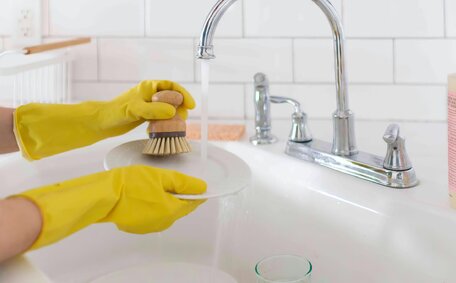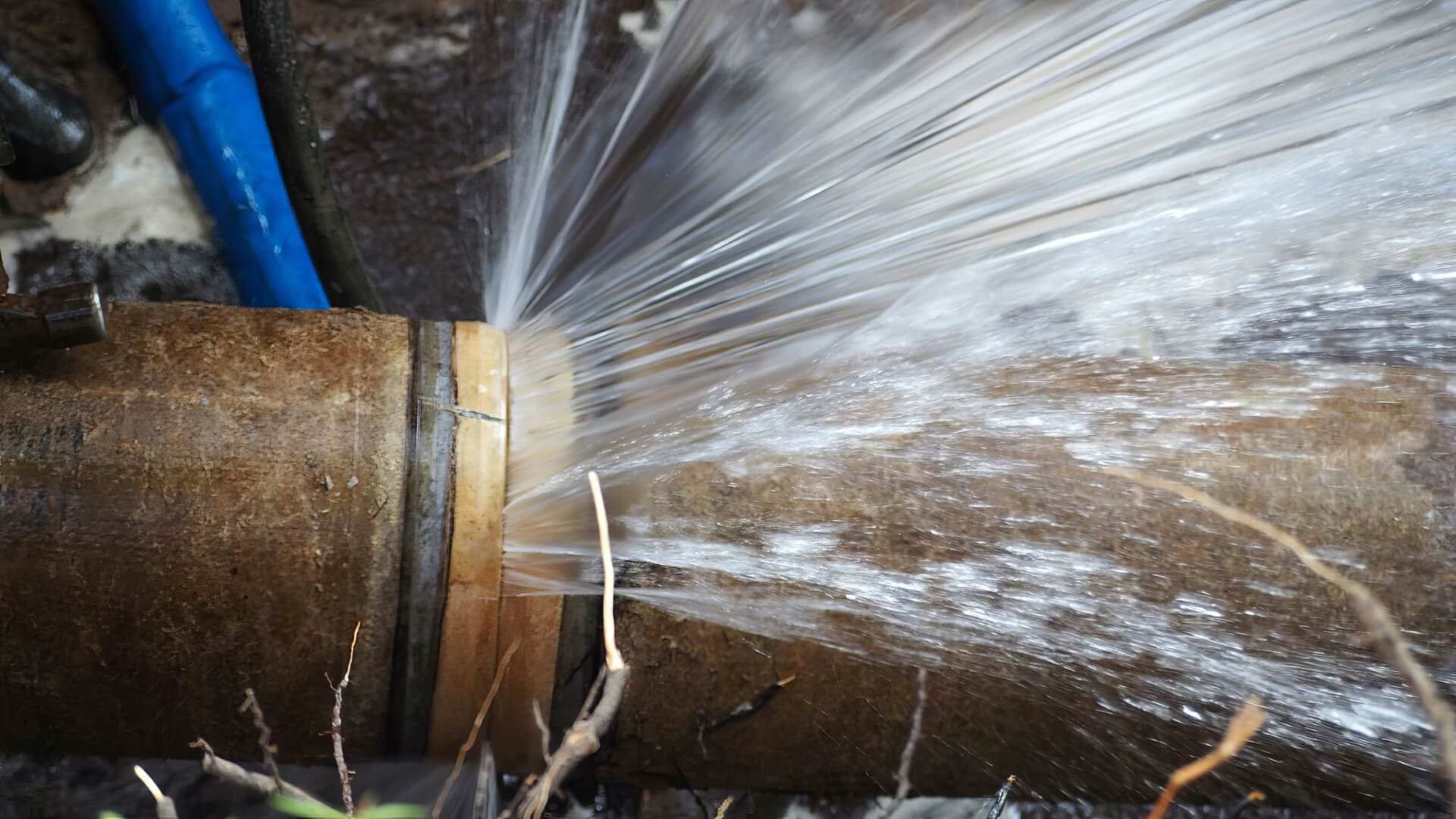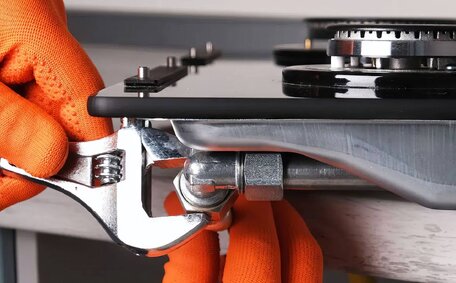Introduction to Pipe Relining
Our pipe relining service provides a dependable, non-intrusive solution for repairing leaks and cracks in sewer pipes without the need for excavation. This well-established technique offers comprehensive pipe rehabilitation, safeguarding against tree root intrusion, and revitalises flow capacity and structural integrity.
The non-invasive process involves inserting an epoxy resin liner into your existing pipes, which cures to form a durable new inner surface, effectively renovating the plumbing system without excavation.
Pipe relining benefits your property by providing a swift, less invasive, and cost-effective alternative to traditional repair methods, ensuring longer-lasting results compared to drain cleaning and minimal environmental impact.
Trenchless pipe relining can rejuvenate a variety of pipelines, including your sewer infrastructure, significantly benefiting from this non-invasive repair technology.
An initial CCTV drain inspection can help identify the condition of the pipe inside existing damaged areas and execute sewer pipe relining customised to your situation and requirements. once installed, the new pipe lining acts as a barrier to prevent leaks, a flexible liner soaked in moisture-activated epoxy resin, expands into damaged pipe to adeptly fill all the cracks and gaps within the pipe’s dimensions.
After resin application and debris removal, the material cures inside the damaged areas, ensuring your relined pipes restore your system to a state surpassing its original condition.
Common Pipe Relining Materials and Their Properties
Epoxy resin, solid upon curing for a durable seal, is the primary material for mending pipes in your sewer system, significantly enhancing longevity. This thermoset plastic, mixed onsite, is inserted into the damaged pipe and cures without shrinking, ensuring a robust bond with the inner surface of the existing structure.
Different piping materials are suited for specific applications, for instance:
- Standard bisphenol-A epoxy resin into your general wastewater and stormwater pipes
- Vinyl ester resin, optimal for hot water lines and chemical resistance
- NSF/ANSI 61-certified epoxy for potable water lines
The liner material, which pipe relining can be applied to existing pipe scenarios, also differs, tailor-made for diverse pipe conditions. Thin polyester or woven glass liners are used for fully structural repairs, while felt liners allow saturation with resin materials for semi-structural remediation. More robust liners designed for situations that need extensive durability can withstand higher temperatures, pressure and structural stress.
These high-tech composites present a significant upgrade to old pipes materials, more likely resolving leaks blockages and averting issues like fragile clay, rusting cast iron, concrete fractures in underground pipes. Using pipe relining made with epoxy-based materials is formulated to last 50+ years, accommodating diverse weather conditions and pipe environments.
Techniques for Evaluating Pipe Lining Materials
Visual Inspection
Post-installation, technicians perform a thorough inspection using CCTV cameras to confirm that the material has seamlessly bonded with the pipe walls, ensuring there are no gaps or voids and verifying proper curing.
Destructive Testing
Pipe sections can undergo lab analysis including bending tests, chemical resistance testing, and other procedures per industry standards. This evaluates long-term material performance.
Cure Monitoring
Sensors are often placed inside pipes to monitor temperature and track epoxy resin curing in real-time, promising our customers are provided with the highest quality results. Data is analysed to validate full cure and rule out potential defects, ensuring our customers receive only the highest quality results.
Warranties and Certification
Reputable firms offer extensive warranties on pipe lining materials, affirming their confidence in the product’s quality and commitment to customer service, exemplified by around-the-clock support. It is advisable to request product data sheets with certifications from authoritative bodies such as NSF International.
Meticulous testing and ongoing assessment ensure that broken pipes are restored to a state of robustness as they had been initially designed, engineered to last well over 50 years. As materials experts, we take pride in the strength and safety of our structures.
Importance of Materials Certification and Approvals
Material certification and compliance with Australian standards are critical in plumbing applications, ensuring uncompromised safety, performance, and longevity for various piping systems including potable water, drainage, and gas.
Understanding and requesting WaterMark certification from service providers is crucial for pipe relining. WaterMark is a mandatory scheme verifying that plumbing and drainage products comply with the National Construction Code of Australia.
Seeking WaterMark-certified epoxy resins and liners gives confidence that materials have passed stringent testing for strength, chemical resistance, high temperatures and other traits needed to endure harsh pipe environments.
Additional markers like NSF/ANSI 61 also indicate suitability and safety for contact with drinking water supplies. Reputable relining companies only use pipe relining products that are certified green materials vetted for long 50+ year service lives.
It’s important to ask your provider for detailed information on their relining products and documentation certifying their compliance to maintain infrastructure integrity and ensure safety.
Role of Warranties in Ensuring Material Quality
Warranties from reputable companies, often exceeding 50 years, reflect the high quality and durability of their pipe relining services and the mastery of their workmanship, offering homeowners added peace of mind.
Solid warranties instil confidence in homeowners, assuring that the materials will endure for decades without deterioration and reflect the service provider’s confidence in their resin preparation, application, and installation processes.
Requesting detailed warranty documentation is prudent, verifying terms such as duration and the scope of defects coverage. Note that while epoxies typically have lifetime guarantees, other elements like liners or labour might have separate warranties; be sure to review any exclusions.
Quality providers stand behind their products and service. If ever an issue arises with your pipe relining, even outside the warranty period, the best companies will make things right.
Questions to Ask Your Relining Service About Materials
When selecting a professional relining service, ask key questions to determine material quality and expected longevity of repairs, such as:
- What types of pipe lining materials do you use? Request details like brand names, certifications and compliance with standards.
- What are the long-term performance specifications and expected design life of these relining products?
- Do you offer warranties on materials and workmanship? If yes, what is covered and for how long?
- How do you monitor and validate proper curing of epoxy resins? This ensures a sound bond and long-term stability.
- Can any verifying documentation like product data sheets and WaterMark certification be provided?
Plumbers from reputable companies will offer warranties guaranteeing that your relined drains will endure beyond 50 years. Understanding the specific liners and resins used is crucial for informed property maintenance.
Keeping Up With Latest Standards in Pipe Relining
The longevity of pipe relining is a vital consideration, as industry standards and best practices evolve. Reputable plumbers prioritise staying informed on the latest improvements in epoxy formulas, liner materials, and curing and installation techniques.
Homeowners can determine if their chosen relining company keeps up with progress in the field by asking the following questions:
- Do your technicians receive ongoing training on new industry standards and technology?
- What improvements or innovations have you implemented recently in your pipe relining process and materials?
- Are there any emerging trends that will raise quality, longevity or safety of repairs even further in the next 5-10 years?
There are always discoveries being made through extensive R&D that allow pipe relining and other trenchless repairs to outperform and outlast previous techniques. Staying abreast of the state of the science ensures infrastructure rehabilitations stand the test of time.
Top-tier providers showcase their commitment to continuous improvement and advanced capabilities, ensuring they surpass the most rigorous industry benchmarks to address any plumbing issues efficiently.
Conclusion: Ensuring High-Quality and Long-Lasting Repairs
In summary, assessing the quality of pipe relining materials is essential to ensure effective and enduring repairs. The comprehensive evaluation through visual inspections, lab testing, cure monitoring, and verification of certifications and warranties all contribute to the efficiency of pipe relining.
In Australia, choosing advanced epoxy resins and liners certified to meet national standards is crucial, promising over 50 years of enhanced pipe performance. When combined with expert installation by well-trained professionals, this method offers a complete repair solution, halting leaks and protecting against tree root intrusion.
To find out more about drain pipe relining materials or to receive a pipe relining quote, reach out to our pipe relining specialist team at Chatswood Plumbing for your residential or commercial needs. Call 1300 349 338 or email [email protected]. As industry leaders, we specialise in durable no-dig repairs to give you peace of mind.






